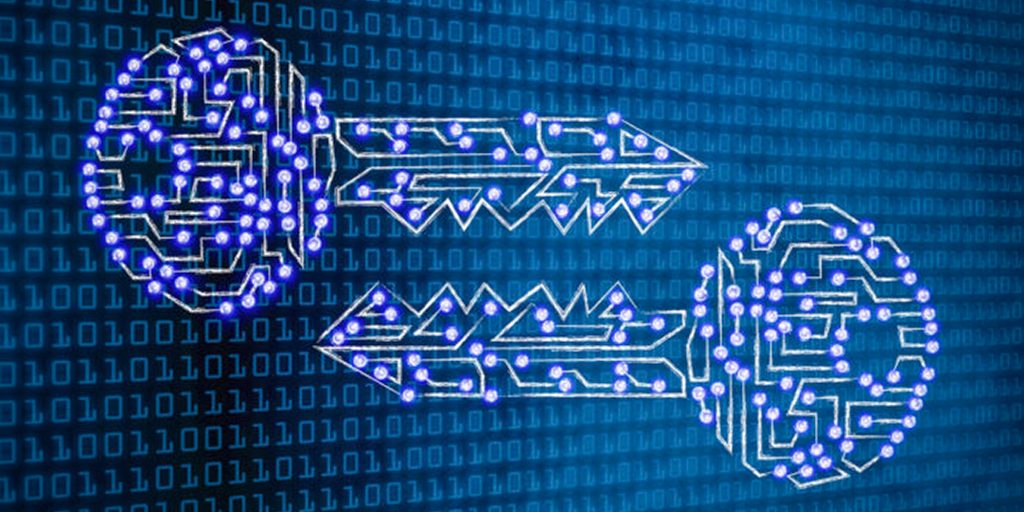
The UMBC Cyber Defense Lab presents
Designing Quantum Resistant Key
Exchange Protocols with CPSA
Dr. Edward Zieglar, CSEE, UMBC
12–1 pm, Friday, 15 April 2022
online via WebEx
With developments in quantum computers and algorithms, the public-key systems that we rely upon for secure network communication will become vulnerable to exploitation. Quantum-resistant key exchange protocols are needed to replace our existing vulnerable protocols. Much of the work has focused on developing new mathematical problems that are conjectured to be quantum-resistant as replacements for our current public-key algorithms. We took a different approach, looking to an old secret-key agreement protocol developed by Leighton and Micali at MIT for the Clipper Chip symmetric encryption system. We will present our analysis of the Leighton-Micali key agreement protocol, weaknesses we uncovered with the Cryptographic Protocol Shapes Analyzer (CPSA), and verification of a new protocol based on their ideas that corrects deficiencies in the original protocol.
Dr. Zieglar is an expert in protocol analysis and computer security at the National Security Agency. He is an adjunct faculty member at UMBC and a member of the UMBC Protocol Analysis Lab. Dr. Zieglar earned his Ph.D. in computer science from UMBC working under Dr. Sidhu. Email:
Host: Alan T. Sherman, . Support for this event was provided in part by the National Science Foundation under SFS grant DGE-1753681. The UMBC Cyber Defense Lab meets biweekly Fridays 12-1 pm. All meetings are open to the public. Upcoming CDL Meetings: April 29, Ian Blumenfeld (UMBC), May 13, Enka Blanchard (Digitrust Loria, France).